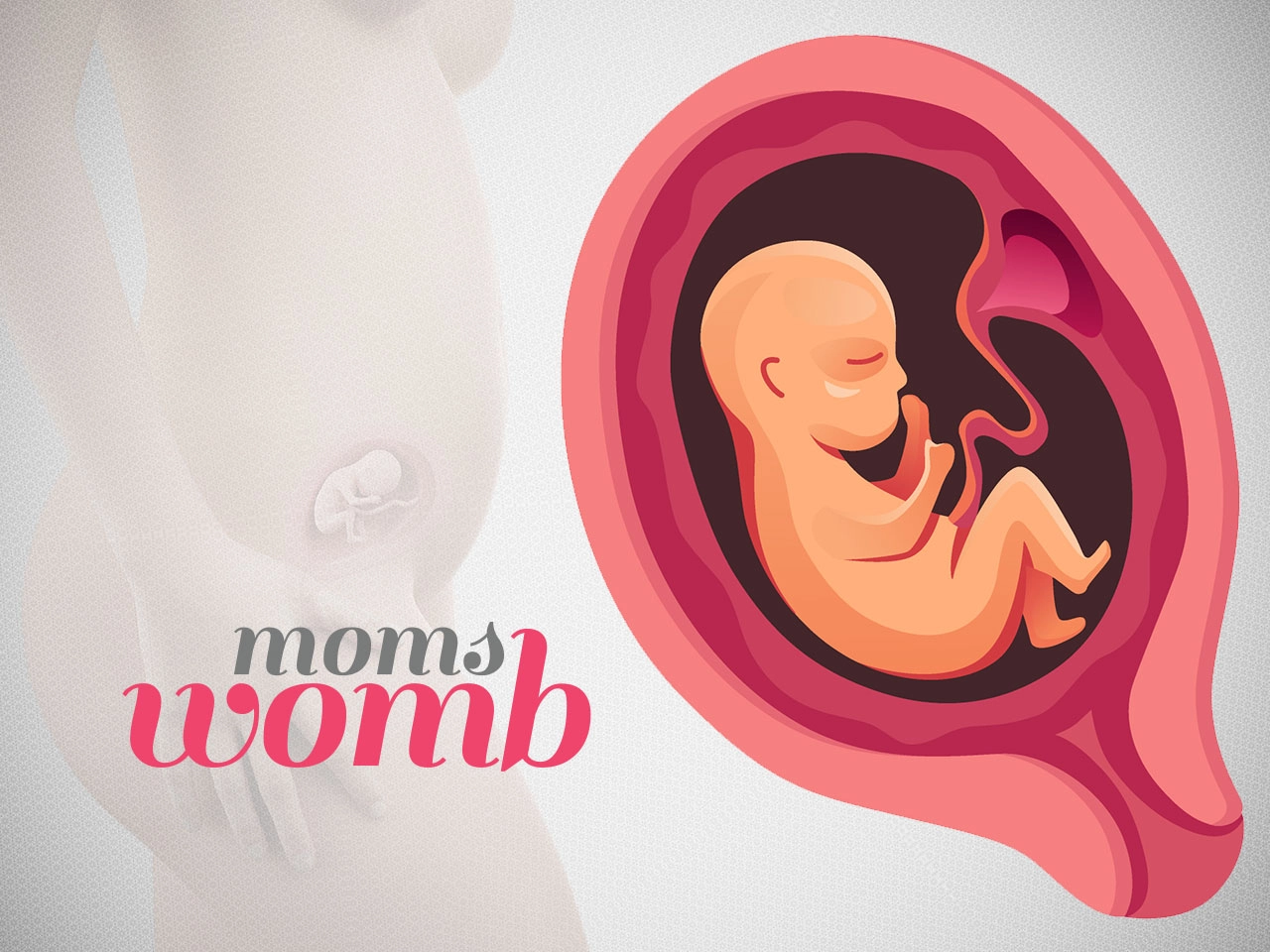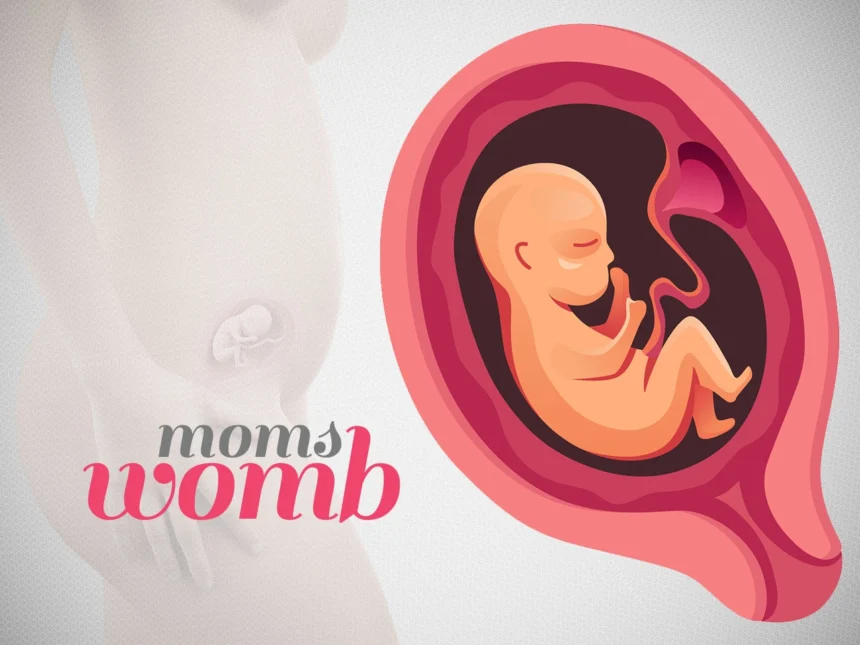4 Months Pregnant is the time for Visible bump and rapid fetal development!
When you are 4 months pregnant, it is the beginning of your second trimester. You may notice that you have more energy, but fatigue and nausea stop all your energy levels. You may also observe that the belly is becoming larger as the baby is growing rapidly inside.
Most pregnant women feel that this is the correct time to share the exciting news with their friends and relatives.
What happens to you when you are 4 months pregnant?
Most of the 4 months pregnant women notice that those annoying first-trimester side effects, such as dizziness and morning sickness have almost subsided. This month you may feel more comfortable when compared to the previous months. But this month, you may experience some new symptoms, such as constipation, edema, and some skin changes. Here is a brief overview of the symptoms experienced by a 4 months pregnant woman:
Constipation
All most all pregnant women experience constipation during pregnancy. Though it is quite uncomfortable during pregnancy, it can be relieved by drinking more and more fluids. Eating a fiber-rich diet and also fresh fruits and vegetables can help to reduce constipation. Telehealth in Maternal Care
Edema
Pregnancy edema is a common condition observed in almost 4 months, pregnant women. This condition causes swelling of the feet, ankle, and face. To reduce this condition, avoid sitting or standing for larger periods. If you are a working mother-to-be, it is important to take frequent breaks from work and walk a little.
Skin changes in 4 Months Pregnant
Every pregnant woman may experience some sort of skin changes during this period. Most of the skin changes are due to increased hormone levels. To keep your skin in good condition, you can apply cleanser, toner, and moisturizer. You may also observe that nipples and areola become even dark and the veins of the breast are more prominent during pregnancy month 4.

Nausea and vomiting
Most women may experience morning sickness during the first trimester, but some women may experience it for the whole pregnancy or even for a few more months. Nausea and vomiting are most commonly caused by odors and smells for which you are more sensitive during your pregnancy.
Heartburn
From the 4th month of pregnancy, you may experience heartburn. Some pregnant women may experience until the 9th month of pregnancy. The growing uterus puts great pressure on your digestive system and also makes you feel uncomfortable after eating. Though it is common during pregnancy, making some diet changes can help to reduce the discomfort.
Increased vaginal discharge
During pregnancy, a woman’s cervix produces fluids to keep the vaginal area clean and infection-free. The increased moisture and change in acidic levels of the vagina make the area more susceptible to yeast infection. This increased moisture can also make the perineum skin delicate and also susceptible to tear as the baby is born.
If the vaginal discharge has a foul odor and color other than white or clear, warts, vaginal itching, or in combination with some other symptoms such as fever or flu, you should immediately contact your doctor.
Nosebleeds
Nosebleeds are common from pregnancy 3rd month. Because of the increased blood volume, the small and sensitive blood vessels in your nose may easily break during your pregnancy.
Bleeding gums
The higher levels of pregnancy hormones when you are 4 months pregnant can cause the gums to become softer and sensitive. So, when you are brushing the teeth, the gums may be easily bruised and bleeding. There is no need to worry about the condition if you observe severe bleeding; make sure to consult your dentist.
Shortness of breath
It is most common in pregnant women because of the pressure of the growing uterus on nearby organs such as the lungs. As women take smaller breaths, it is quite normal to experience shortness of breath.
Frequent urination
The growing uterus puts pressure on the bladder thus increasing an urge to urinate more frequently. This pregnancy side effect will continue through the whole pregnancy period and severity increases with the increase in your belly size.
What happens with your baby when you are 4 months pregnant?
By the end of 4th month of pregnancy, your baby will be around 5.5 inches in length and 6 oz. weight. You can hear the baby’s heartbeat with a Doppler device.
Facial development
When you are 4 months pregnant, the facial features of the baby will become more pronounced. Bones in the ears begin to harden, but the baby may not be able to hear the sounds clearly until the 7th month of pregnancy.
Organ development in 4 Months pregnant
The baby’s lung cavities begin to develop. In the uterus, the lungs don’t function as respiratory organs. The lungs remain collapsed until the baby’s first breath.
Skin development
The Baby’s skin appears very transparent and inside veins are clearly visible. During pregnancy 4th month, the formation of fat cells under the baby’s skin will begin and this process will continue until the birth of your baby. Fat deposition under the skin can help to stay warm after birth.
Muscles and bones
Muscle development continues and the baby’s skeleton bones become stronger for each month until the birth.
The hair on the body
The Baby’s eyelashes will begin to develop. The Baby’s whole body is covered with a type of fluff called lanugo, which disappears after birth. This body hair protects the baby’s soft skin while it resides in the amniotic fluid.
What are the physical changes that occur in a 4 months pregnant woman?
If you haven’t started showing before now, you likely will this month. When you are 4 months pregnant, most of the physical changes are associated with your skin and weight. The nipples will become dark and the veins will be more prominent. Also, you may observe blemished skin on your face.
You may observe slight movements of the baby toward the end of this month, although it is most common not to feel much beyond a flutter until the fifth month.
What care should be taken by a 4 months pregnant woman?
Monthly prenatal checkup
During the second trimester, your doctor will regularly monitor the baby’s weight and know how your pregnancy is going. This month, your doctor will recommend you to undergo a few tests, such as a blood test and urine test to check the sugar, protein, and antibody levels in your body. Most doctors recommend glucose screening tests during pregnancy to determine the presence of gestational diabetes. In case you have gestational diabetes, you should be under the doctor’s observation for the rest of the pregnancy period.
Regular workouts
During this period, it is very important to practice low-impact workouts, such as swimming, walking, and some aerobic activities.
Eat a healthy diet in 4 Months pregnant period
Stop alcohol consumption and eat a healthy diet that is rich in fiber and also drinks plenty of fluids.









